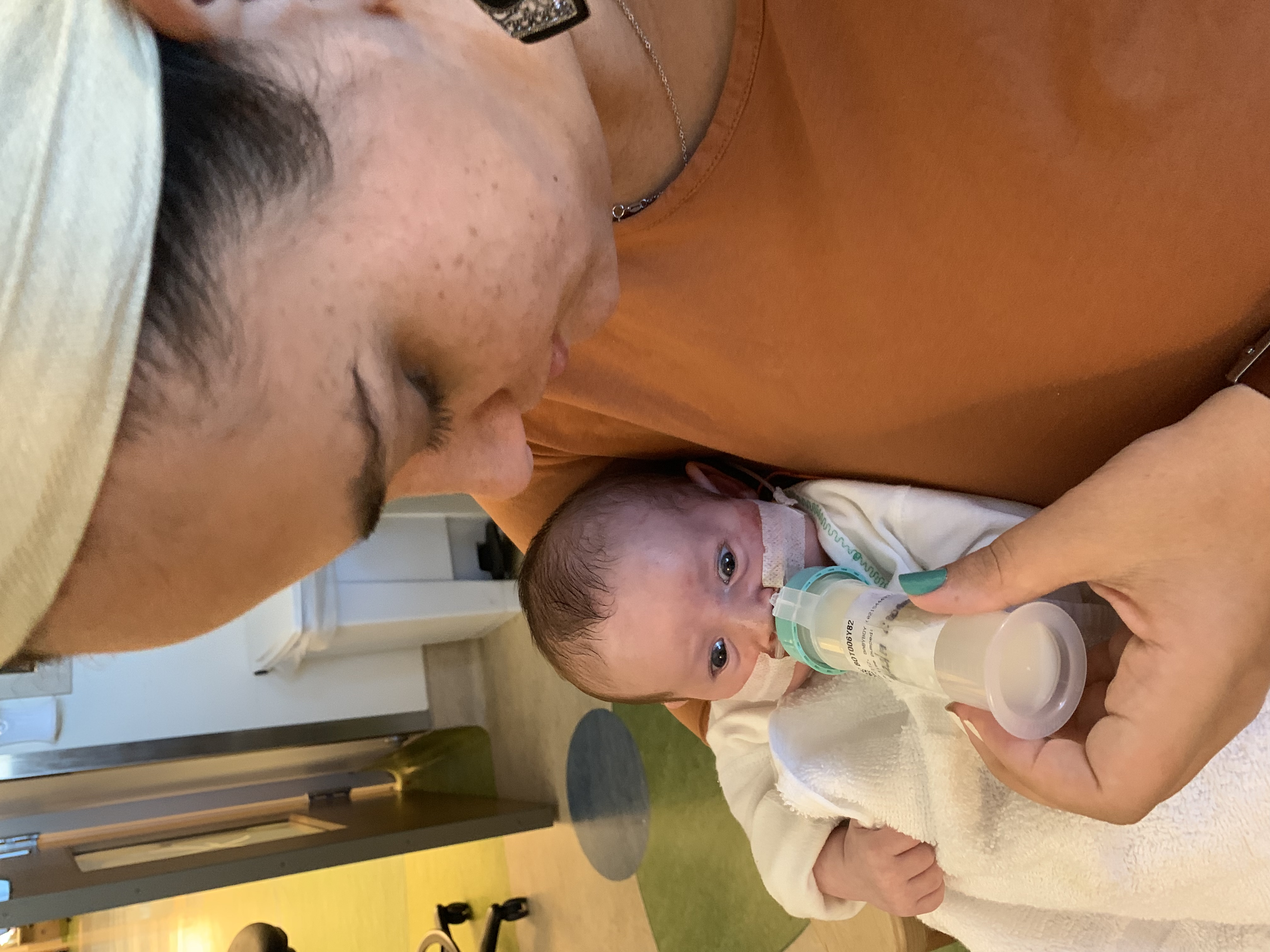Erev Rosh Ha-Shanah, year 2
- Hinda Eisen Labovitz

- Sep 6, 2021
- 3 min read
I used to be able to use the day preceding Rosh ha-Shanah to set myself up mindfully for the tasks of the New Year. But here we are, year 2 since Ronen died, and even if I wanted "normal," I know it'll never happen again. But then again, the year Ronen did was not normal for us; last year and this year have been COVID-ridden for everyone.

Yesterday we got our family photos back from amazing photographer Danny Weiser, and with every one I noted how beautiful these photos are, and -- my son is missing.
In the style of other images shared by bereaved parents, I added the silhouette of a two-year-old to one of these photos of our family, and I can't stop staring. The little boy that might have been. The family of six we might have been. At once the photo is beautiful, haunting, and (but?) for the first time, an image of my family is complete.

On Ronen's second yahrzeit, I am blessed and grateful that friends and family have allowed us to gather for minyanim, even though COVID has still precluded us from regular gatherings for minyan.
I'm not sure there will ever be a year when Rosh Ha-Shanah, for me, won't be preceded by a feeling of deep brokenness.
In Un'taneh Tokef, one of the central liturgical poems of High Holy Days, we invoke an image of God sitting on a throne, judging "in Truth." I am not sure anymore about God's Truth. Nor am I sure that when humans plan, God laughs. Sometimes I think God is more sadistic than that; at minimum, I have to believe that when God uproots our plans, God does so understanding the seriousness and the effects of that diversion. My composition of Un'taneh Tokef, composed last year in memory of Ronen, asks this: "God reigns in Truth. ... Truth?" (What is "Truth"?)
As I sit here writing, D discovers that the bean plant she's been taking care of in our backyard garden was accidentally removed by the landscapers when they cleaned out our beds a few days ago. She went to water it, and it was gone. Cue the sniffling, and her wailing tears of loss.
My first instinct is to tell D, "We can always plant a new bean plant." But I stop myself, as I feel my heart thump. How many of us who have suffered prenatal or infant losses have heard, "You can always have another child?" Even now that we have a new infant at home, I can say with certainty: one could never replace the other. So I let her cry, and feel the pain a five-year-old feels at the sudden discovery that her plant is gone.
When we plant our next bean plant, will D remember that the landscapers accidentally removed her last one? I don't know. It seems to help her to think they did it by accident rather than choosing to do so on purpose, even if her bean plant was all by dried up and needed to be cleaned out. What theological message am I gleaning from this? I'm not sure. But I'm certainly pondering it over Rosh Ha-Shanah as we encounter a God who rules in judgment over who lives and who dies.
As we enter the Jewish calendar year 5782, I hope we are blessed with memory. I bless us to absorb our brokenness and to let it heal stronger and reinforced. May we find time to wallow when we need to, cry to achieve catharsis, and calm our own minds. May we connect with those around us, bim'heyrah veyameinu (speedily, in our days), unencumbered by COVID's barriers. May we have family and friends; may we feel embraced and loved. Let us be blessed to see the shadows of those we are missing, and, in time, may we remember more through laughter than through tears.






Comments